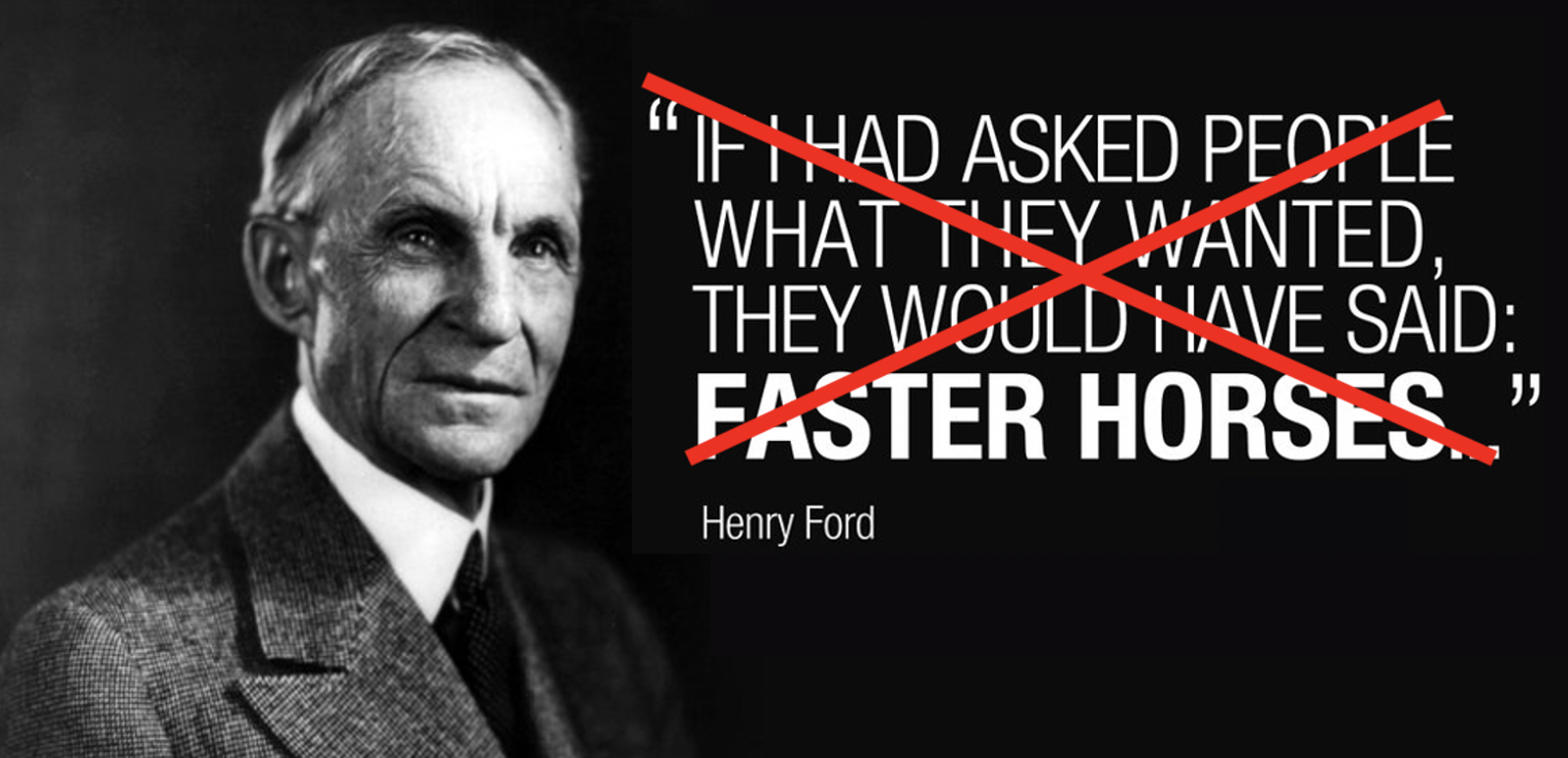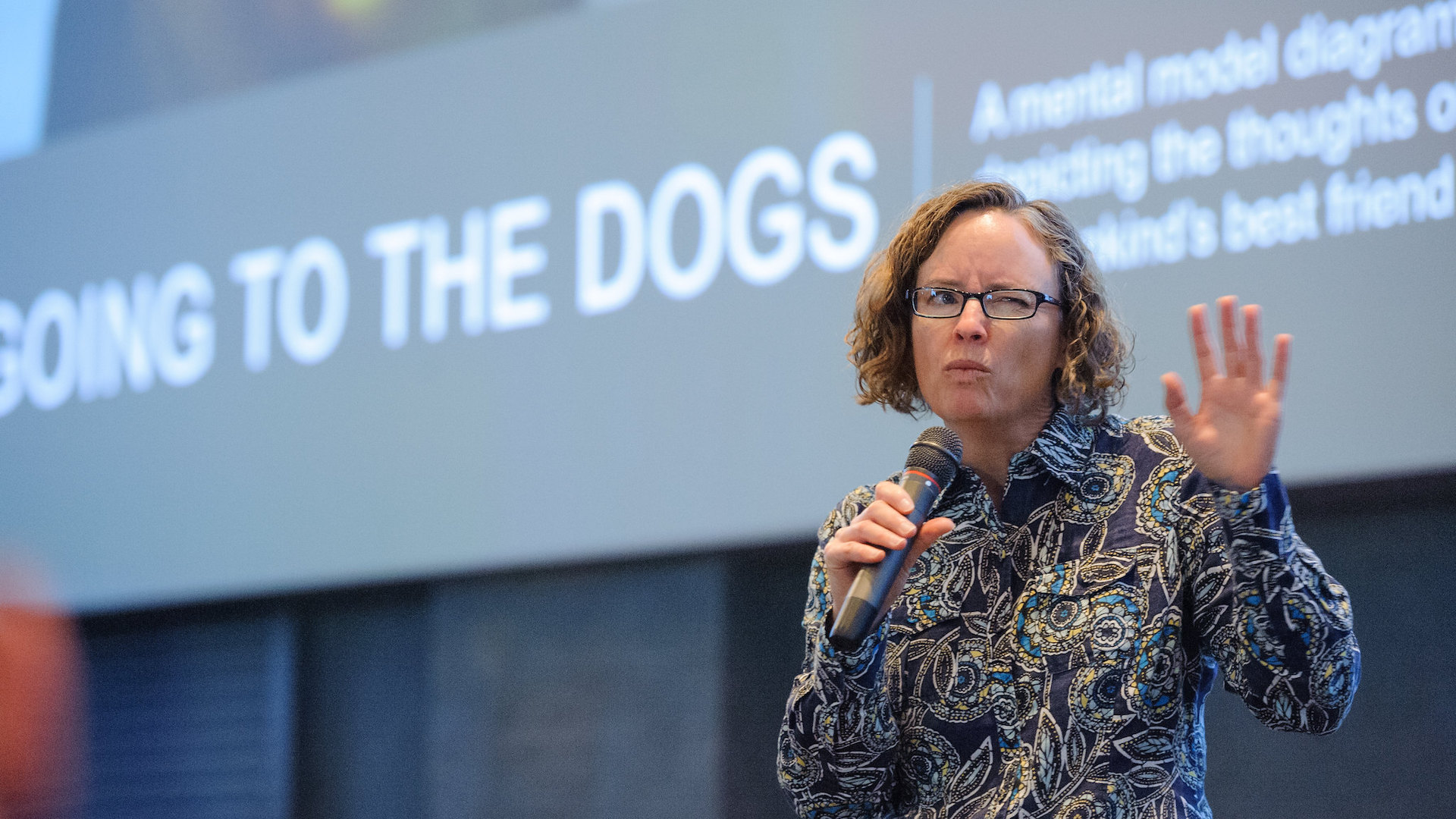"China is a big market. We should be able to be successful there." That's just some of the worst advice shared in a recent survey of product managers I did for an upcoming ProductTank Waterloo session. And it's not really surprising that many underestimate what it means to enter a new geography, launch a new product, or create a product category.
Product is one of the few roles in tech companies that you don't learn about in school. Ask most PMs and they'll tell you the majority of what they learned and their expertise came through successes and mostly ego-bruising failures on the job.
In the recent survey, I asked product managers about the best and worst advice they had ever received. Some PMs had been told that "customers don’t know what they want." That unhelpful advice was often followed with a misappropriated quote about Ford developing the car or how Steve Jobs once said "people don't know what they want until you show them." But what that Jobs' quote misses is his deep understanding of his users and markets. It also doesn't consider the depth and breadth of Apple's new product design practices.

Another common trope is that PMs are "the CEO of the product." While PMs get to make some decisions, their roles are typically more like a consultant: They have to have a sense of the market needs, while also serving as diplomats to resolve competing interests, and in extreme cases, hostage negotiators when those competing interests are at an impasse.
But product managers didn't just chime in with the bad advice they had received and misconceptions about their role, the community also shared some of the best advice for those developing their PM skills.
Product managers work across enterprise boundaries and as part of multidisciplinary teams across the entire company. I can't think of a successful PM who wasn't skilled at building relationships and it was a common tip from other PMs:
- Focus on building solid relationships. Relationship building is the core to product management. It is our role to bring the various stakeholders (R&D, sales, customer, industry experience, etc.) together to understand what needs to happen for each to be successful.
- Develop relationships throughout the organization to understand key goals and drivers in each department.
- Take time to understand the role each function plays in product design, development, and marketing. This will be the best source of information for various aspects of the product and industry.
Prioritization can be one of the hardest aspects of being a product manager. It can feel like you're always saying "no" and disappointing someone. The community wasn't shy about pointing out this reality:
- You have to enjoy the process of making hard decisions about what to NOT get done.
- PM is not always glorious. If you don't enjoy prioritizing what does not get done, PM will likely not be a good fit.
How features are discovered or figuring out what to build can also be daunting. One respondent recommended:
- Understand the jobs your internal and external customers are trying to get done. Then identify ways you can help them get the jobs done faster, easier, etc.
There are many tools, suites, and frameworks to choose from which can also be overwhelming:
- Don't overthink or overuse tools and process as interactions. Culture is what really drives product innovation at a company.
- Match a minimum viable product with minimum viable process :)
There comes a time in your product career where you'll have to make a difficult decision. It won't be popular but this may be reassuring:
- It's never too late to start heading in the right direction. Sunk costs are a scapegoat for launching poor products.
Because product is a multidisciplinary sport, it makes sense for you, as a PM, to dig into the psychology and theory of decision making:
- Human judgment is problematic for work that is as socially complex as product discovery/management. (Dunning Kruger). We all have an innate mechanism to respond to complex situations with snap judgments. (Kahneman) And 'in product', this happens when you or your organization say, "Hey what can we do with this technology/solution?" So conduct some inductive research on humanity before you answer those questions (Portigal). Look for habits and mental models of purpose, stop using personas and focus groups. (Christensen) These steps get the PM out of trouble early.
Finally, we all have learned from those who have gone before us. The respondents suggested the following to leverage other's experiences:
- Seek a mentor
- Join ProductTank Waterloo of course!
If you're curious about ProductTank Waterloo, check out our next meetup with product leader Jay Judkowitz, Vice President of Product at OTTO Motors on June 2. He'll share his experience and cover the burning issues identified in the survey of new and experienced product managers. RSVP for the Zoom meeting details.





